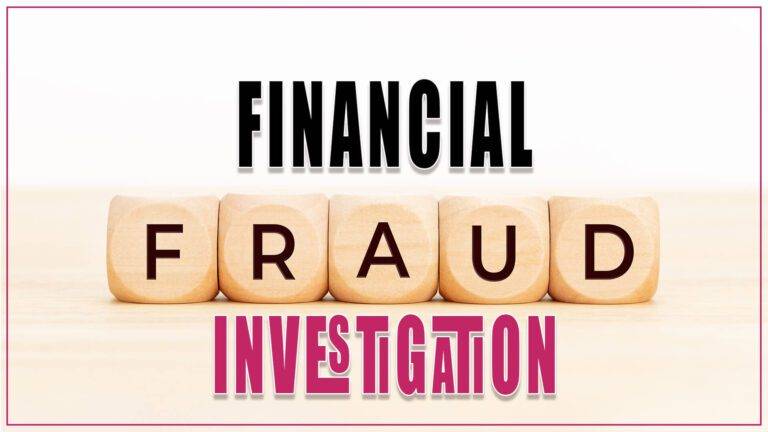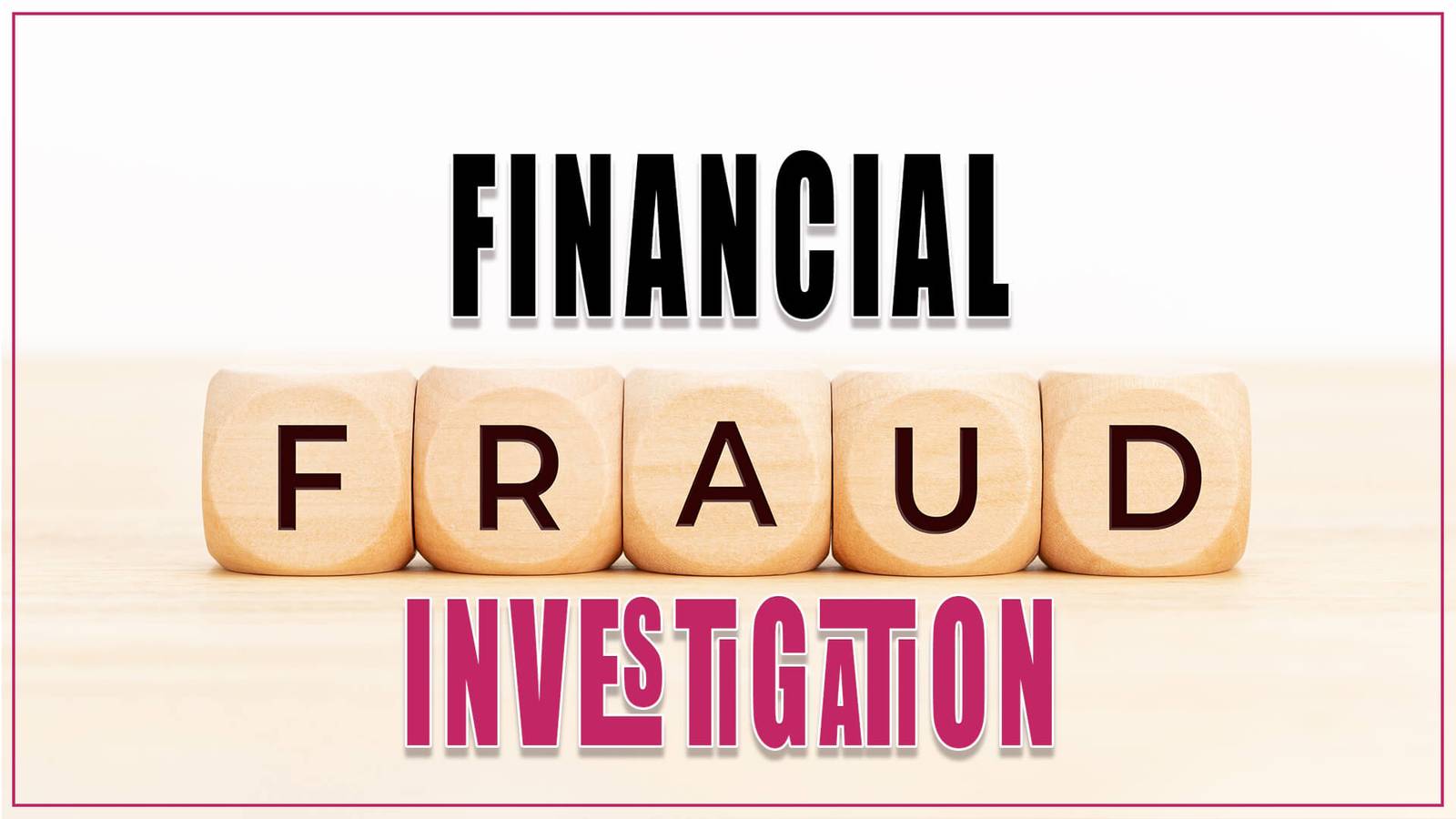What exactly is fraud?
Fraud is a purposeful act (or inaction) intended to achieve an illegal benefit for oneself or an institution by deceit, misleading recommendations, suppression of truth, or other unethical tactics.
Types of Fraud
- Insurance Claim Fraud
- Workers Compensation Fraud
- Corporate Slip and Fall
- Transit Fraud
- Online Classified Fraud
- Ticket Fraud
- Mechanical Repair Fraud
- Rental Insurance Scams
- Expense Claim Fraud
- Theft of Inventory
- Financial fraud investigation
Insurance Claim Fraud
According to the Canadian Insurance Information Institute, accidents staged and fraudulent claims cost Canadian insurance companies millions of dollars each year in unneeded medical treatment for phantom injuries.
Among the most prevalent types of injuries we see that appear to be fake are soft-tissue injuries, such as whiplash and back and shoulder disorders, among others. Unfortunately, some of them can be difficult to identify and dispute from a medical standpoint.
Compensation for Employees W.S.I.B.
Claimants for workers’ compensation are something we see regularly. However, even though specific claims are valid, the individual in our work cases does not show any damage to their claim.
Some of the forms of injuries for which an employee will file a claim are back, shoulder, neck, and knee issues. However, the most common ailments we see are back issues.
Business Slip & Fall
According to a recent study, 20-40% of disabling job injuries are caused by slips, trips, and falls. They’re also by far the most common cause of work-related injuries in the US.
Despite the assumption that some sorts of businesses are more likely to experience slip and fall claims, the truth is that these kinds of accidents and injuries can happen on any business’s premises.
When workers, partners, or customers are injured at work, one of the long-term implications is that your insurance costs will almost definitely increase.
Aside from the fact that they can be quite costly to your company, workplace injuries can also be highly disruptive. Whether you’re dealing with the loss of a vital employee or receiving poor press resulting from a consumer harming themselves at your workplace, dealing with these types of incidents can be highly stressful. Therefore, their prevention should not be taken lightly.
Slip and Fall Accidents: What Causes Them?
Accidents involving slips and falls can occur on any portion of your business property, and the causes might be numerous.
However, in general, five categories characterize the most common locations and causes of occupational injuries:
Human Error
Many workplace injuries result from human mistakes, a prevalent cause over which your company has little influence. Human error-related slip and fall accidents are difficult to prevent or avoid, whether the injured individual is just not paying attention, doing something they shouldn’t be doing, ignoring warnings, or wearing incorrect footwear.
Craters, Potholes, Ditches
An injury that occurs outside of your office or business premises falls into this category. For example, most injuries in workplace parking lots are caused by the presence of potholes and ditches and a lack of warning signs or markers that might alert individuals to the presence of these difficulties.
Therefore, any high-traffic area of your property with these types of holes and ditches that need to be filled, covered, or mended might cause injuries.
Slippery Surfaces
It’s no surprise that your workplace’s slippery surfaces are the leading cause of slip and fall accidents.
If any surface in your workplace is damp due to recent cleaning, make sure to post signage to that effect as a precaution. Injuries on the outside of your business are common in the winter due to snow and ice accumulations.
For the sake of injury prevention, it’s critical to clean and de-ice all stairways, sidewalks, and pathways as entirely and as frequently as possible.
However, when it comes to mitigating the risks connected with slippery floors, restaurants and other enterprises that deal with spillage and constant clean-up operations need to be incredibly attentive.
Poor Lighting
Always ensure that your workspace, both inside and out, has adequate lighting.
Many slips and fall injuries are caused by obstructed or inadequate eyesight caused by poor lighting, particularly in stairwells and sections of your office with little natural light, making it more difficult for individuals to navigate these areas safely.
Disorganization and Clutter
This is a prevalent issue at retail stores and other industries with a lot of merchandise, equipment, and inventory on hand all of the time.
In such firms, it’s critical to pay close attention to how you display, move, and organize these items to ensure that they don’t obstruct or compromise your employees’ and customers’ capacity to walk freely without tripping over something.
Transit Fraud
Most transit firms are commonly victimized by transportation fraud, as passengers on buses, subways, and streetcars who are not correctly seated or are not holding onto a rail as the vehicle comes to a stop sometimes fall, resulting in harm.
Additionally, we find multiple cases of arm/shoulder injuries, as well as foot injuries, caused by people who step onto the road as a bus or streetcar approaches and allow the bus to run over their feet or who position their arm in such a way that a mirror strikes them.
Online Classified Fraud
The quantity of online classifieds is increasing, and so are the scams.
As a result, we frequently receive calls from people requesting our assistance in locating the individual who defrauded them of the goods they were purchasing through the use of skip tracing methods.
Ticket Fraud
With numerous big-league clubs in Toronto, for example, the level of ticket fraud is significant.
Clients purchase tickets online and frequently find themselves standing at the ticket counter with an expired or non-existent ticket.
Mechanical Repair Fraud
Although this is not as widespread, many individuals fall victim to mechanics who advise on services that are not done or were never required.
For example, we have placed cameras in vehicles and sent them into stores, only to discover that the shops did not perform the work requested.
Scams with Rental Insurance
Insurance companies frequently engage private investigators to detect suspicious activities when an individual takes out a significant policy covering theft or damages in a property, only to have a claim made claiming a home was broken into with vast sums of money on the claim.
Expense Claim Fraud
We often see this with giant firms that pay their staff a per diem to be out of town for work. So employees will be paid a very generous amount every day, including accommodation, by the firms.
We find in many cases individuals who claim to stay in hotels costing upwards of $200.00 per night staying in campgrounds and cheap hotels for $25-$100 per night and pocketing the rest of the money.
Theft of Inventory
Internal theft is a constant issue in huge companies since the staff is sometimes left unsupervised and, in some cases, steal stuff or order more products than is required.
They may also say food products are expired when they are not and take the product they claimed was waste home.
Financial Fraud Investigations
Financial fraud is a type of white-collar crime in which perpetrators create false financial transactions for personal advantage.
Credit card fraud, insider dealing, fraudulent transactions, Ponzi schemes, tax evasion, investment scams, and account manipulation are just a few types of financial fraud.
Although there is no single model for how financial criminals work, financial fraud perpetrators only have a sole objective: to explore a company’s vulnerabilities to achieve personal enrichment through deception and false pretenses.
Factors leading to the rise of financial fraud vary as well; they may include:
Performance pressure: managers are motivated to join riskier markets and engage in fraudulent actions to profit quickly.
Globalization: the more global a company becomes, the more likely it is to have weak communication and controls, resulting in a lack of staff vigilance against financial fraud.
Greed: The real incentive for CEOs and staff to commit fraud such as embezzlement is personal greed.
Use of technology: Without a question, the internet and technology have impacted how financial transactions are done and documented.
While they help us be more efficient, they are not fraud-proof, and their flaws put businesses in danger.
Inadequate security: businesses may not have the most effective security measures in place to defend themselves.
The emergence of the dark web: The dark web, often known as the internet black market, makes it simpler for fraudsters and cybercriminals to conceal various sins, ranging from the purchase and sale of credit card data to the laundering of illicit funds.
5 Keys to a Successful Financial Fraud Investigation
- Gathering Background Information
- Knowing the Systems Involved
- Obtaining Complete Documentation
- Understanding Job Functions
- Following up on Internal Controls



